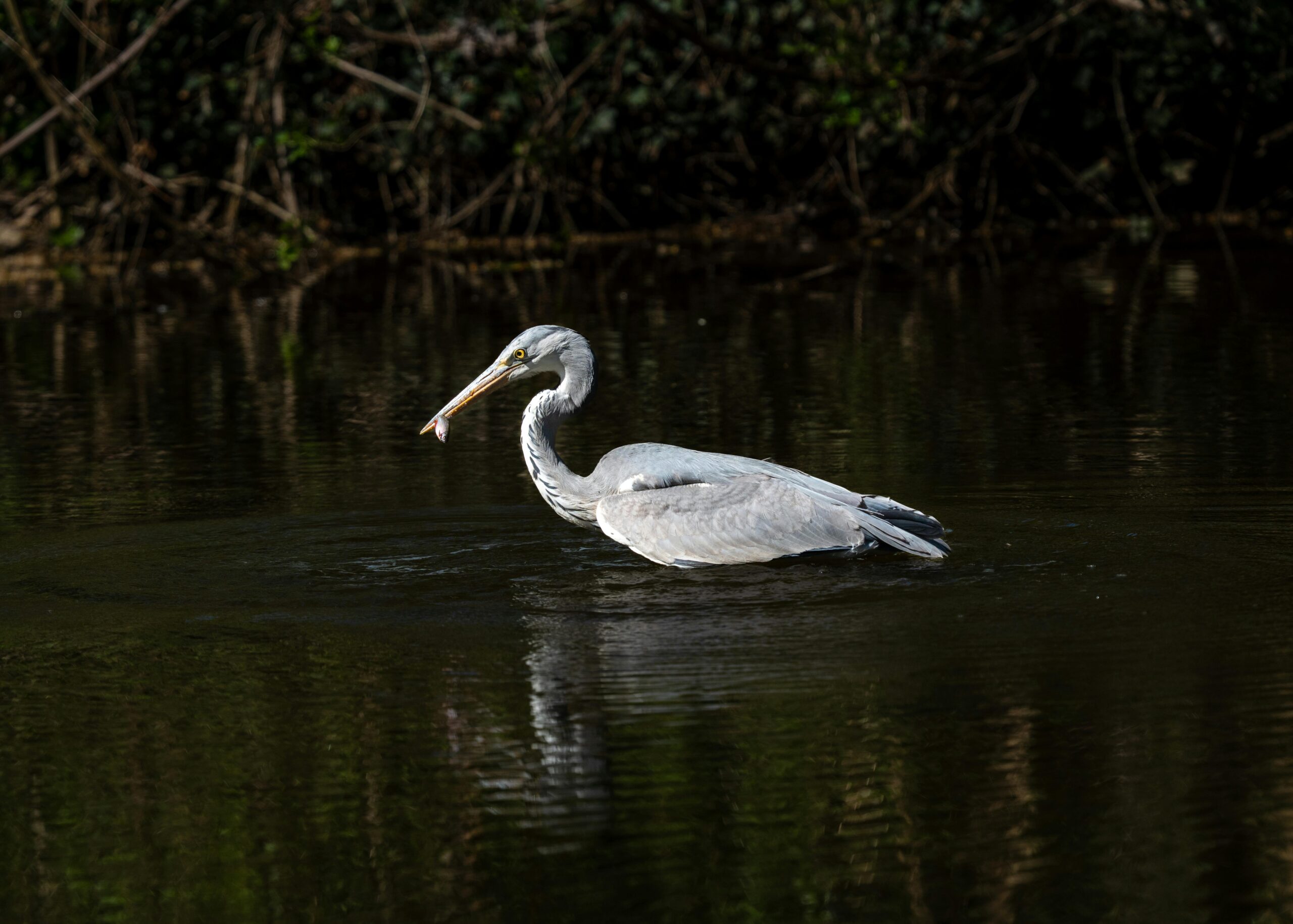
Conservation planning and nature-positive
We integrate ecological science and economic thinking to help clients understand and resolve the most complex and pressing conservation challenges related to their natural resources, and their business sectors directly and indirectly reliant on the natural resource base for their ongoing prosperity.
Conservation planning
We specialise in developing biodiversity strategies and conservation plans. Our approach to conservation and nature-positive planning is based on evaluating the ecological values and threats to those values. This allows us to assess the viability of conservation assets and set conservation objectives for an organisation or project site. In our conservation projects, we engage stakeholders throughout all stages of the planning to ensure acceptable outcomes for all.
Ecosystem service assessment
Our team is involved in global efforts to mainstream natural capital and ecosystem accounting. We are experts in applying the full suite of economic and accounting techniques to valuing natural capital and the ecosystem services they provide. This includes the United Nations System for Environmental Economic Accounting (UN-SEEA) and the Common International Classification of Ecosystem Services (CICES) frameworks. We are well-versed in the underpinnings of these and other frameworks, which often get misunderstood, resulting in misuse). This enables us to apply the right approach based on the intended decision-making approach.
Materiality screening
Our team has extensive experience with materiality screening and value chain assessments. We work with our clients to identify, refine and assess the environmental, social and governance issues that affect their business, stakeholders and communities they operate in. We conduct materiality screening and value chain assessments through a five-stage process based on the Taskforce for Nature Related Financial Disclosure framework. This framework is the foundation of our projects; however, we adapt the framework to suit the purpose and objectives of the organisation.
Taskforce for Nature-Related Financial Disclosure
The voluntary Taskforce on Nature-Related Financial Disclosures (TNFD) and Taskforce on Climate-Related Financial Disclosures (TCFD) frameworks enable corporations to assess, report and act on their nature- and climate-related dependencies, impacts, risks and opportunities. As relatively new, worldwide standards, these frameworks provide companies with a framework to better understand and manage their ecological and climate ‘footprint’, and to communicate their approach to investors and the global marketplace. By tapping into expertise in the Alluvium Group, we provide a one-stop-shop for people wishing to better understand and respond to this important opportunity.
Industry leadership
Our industry leaders are known for their deep expertise and knowledge in their field. They bring a thorough understanding of industry trends, technologies and best practices.

Dr Andrew Sharpe
Andrew is an aquatic ecologist with over 30 years of experience spanning academia, government, and environmental consulting. He specialises in freshwater ecology, with a strong focus on landscape-scale environmental issues and the integration of science into practical water management.<br><br>Andrew has led numerous monitoring and research programs, with particular expertise in environmental water management, project design, and ecological assessment. His work bridges hydrology, geomorphology, and the ecological needs of freshwater species.<br><br>Over his career, he has contributed to more than 200 consulting projects, published in peer-reviewed journals, and held leadership roles in major water management programs, including at the Victorian Environmental Water Holder.

Dr Paul Maxwell
General Manager – EcoFutures
Paul is a coastal ecologist and natural resource management specialist with 20 years experience working for state government, universities and not-for-profit organisations. He has had extensive experience in developing and implementing environmental, social and economic monitoring and research programs across Australia for local councils, natural resource management organisations and water utilities. He is an experienced project manager in the fields of coastal habitat management and assessment; water quality and river health management; water resource management; monitoring and evaluation; science translation and communication and stakeholder and community engagement.<br><br>Paul is the Research and Development lead for Alluvium. Throughout his career he has focused on developing better links between the best science and practitioners and has maintained an active research profile by partnering with university and industry researchers nationally and internationally. He has been involved in a diverse range of research projects which has led to extensive publications in top-tier journals in the fields of environmental management, ecological resilience, biodiversity conservation, environmental chemistry and marine and freshwater ecology. His research and monitoring outputs have directly influenced state and local government policies.

Blue Carbon Audit for the South Pacific

Monash University Nature Positive Planning

Navua Catchment and Beqa Lagoon Integrated Ecosystem Management Plan

Tata Hotels Nature Positive Risk Assessment
